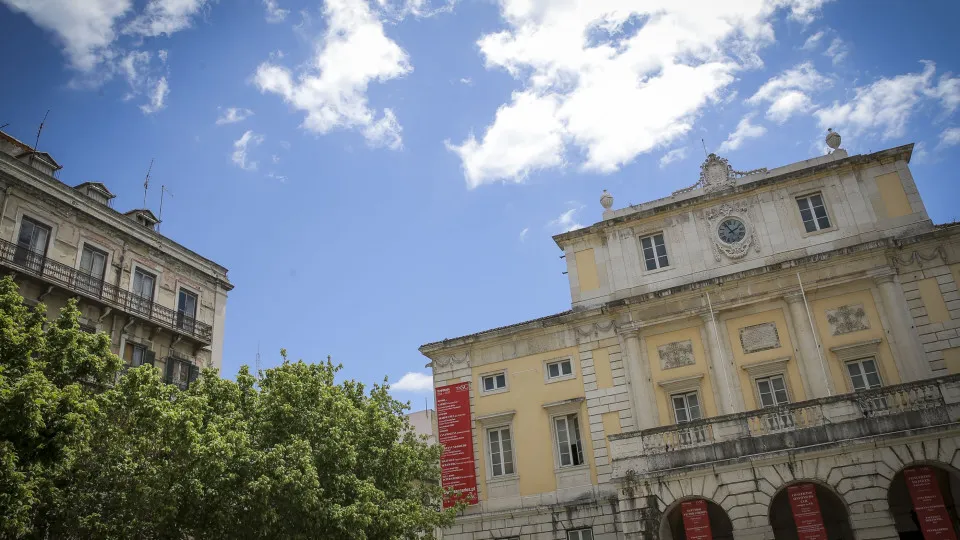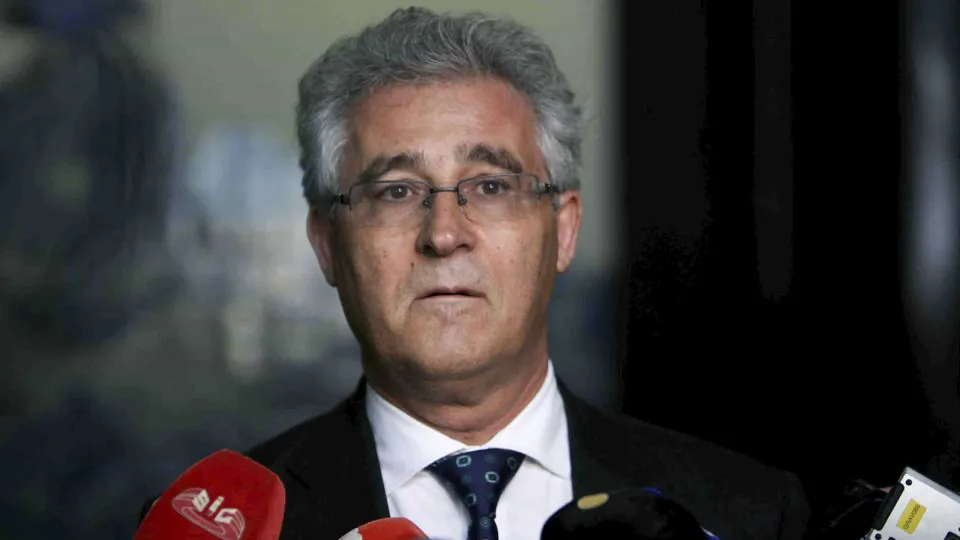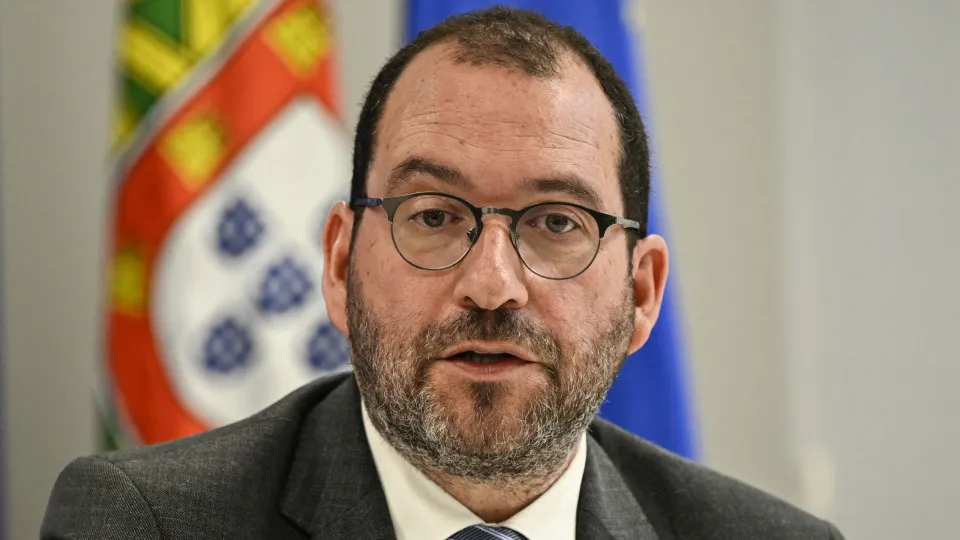
Teresa Almeida announced that the program will “definitely repeat next year,” expressing her wish for its continuation in the future.
“We will certainly repeat next year, but we would like to continue,” stated the president of the Lisbon and Tagus Valley Regional Coordination and Development Commission (CCDR-LVT), emphasizing the role of associations to which many philharmonic bands belong as factors of cohesion.
Teresa Almeida was speaking on the day when the first ten philharmonic bands to receive support through “an excellence training sponsored by the National Theatre of São Carlos” were announced.
Emphasizing that the bands have “great capacity due to their long existence,” Almeida stressed that they can still benefit from “enhanced training in specific musical components.”
The support from the National Theatre of São Carlos for the project was “very easy,” admitted Almeida, who was surprised by the cooperation as it is often perceived that “all their production is for a more enlightened audience.” Yet, from the start, there was “great willingness and enthusiasm” from the Artistic Production Organization (OPART) to participate in the project.
“Sometimes there are factors that are not so well known, but we indeed saw great enthusiasm, which is the right word, to make this partnership with us, and with the great advantage that these are excellent musicians who go into the region and will share what they know but also listen,” she highlighted.
According to Teresa Almeida, there are 220 philharmonic bands in the Lisbon and Tagus Valley region, from a total of 894 in the country, which makes this “large concentration” in the capital a reason for the project to “continue so we can increasingly include new prizes and new inclusions in this formative project.”
Regarding participation in the project, she noted that the response from interested parties was “very good and interesting,” highlighting there were “good applications” that led to an “equitable distribution across all NUTS III [Statistical Territorial Units Nomenclature]” in the region.
Almeida also emphasized that the heritage of philharmonic bands is “interesting not only in areas with higher population density but also in more dispersed and less populated areas,” which are part of the 52 municipalities of the Lisbon and Tagus Valley region.
“In the urban concentration of the Lisbon Metropolitan Area, these types of schools are extremely important for cohesion. It is always very important, and I say this because these bands are often based in associations, and these associations are major cultural agents in various formations,” she explained.
According to her, these places “provide a lot of training,” and these bands “are often the cradle of great talents.”
“Many young people begin to develop motivation and interest in the area they choose, and they make their basic learning which, in many cases, reveals many talents. But it is not only about talents; this type of practice also offers training for everyone to learn and stimulate a love for music, which they can then share with all members of the community or the environment in which they develop,” she exemplified.
Stating that this program was also an opportunity to catalog the number of existing philharmonics, Almeida said it is intended to serve as “a stimulus for a continuing process.”
Furthermore, she expressed her hope that the CCDR, with its new competencies in culture, will be “an entity willing to go into the field and work with these talents.”
Selected to receive training sponsored by the National Theatre of São Carlos are the Juventude de Mafra Music School and the Musical Instruction Society of Porto Salvo (Greater Lisbon region), the Sardoalense Philharmonic Union and the Ouriense Philharmonic Society (Médio Tejo), as well as the Seixalense Philharmonic Union Society and the Palmelense Philharmonic Society “Loureiros” (Setúbal Peninsula).
The Instrução Musical Cultura e Recreio Society of A-dos-Francos (West), the Instrução and Musical Culture Philharmonic Society of Gançaria, and the Coruchense Instruction Society (Lezíria do Tejo) will also receive training.




